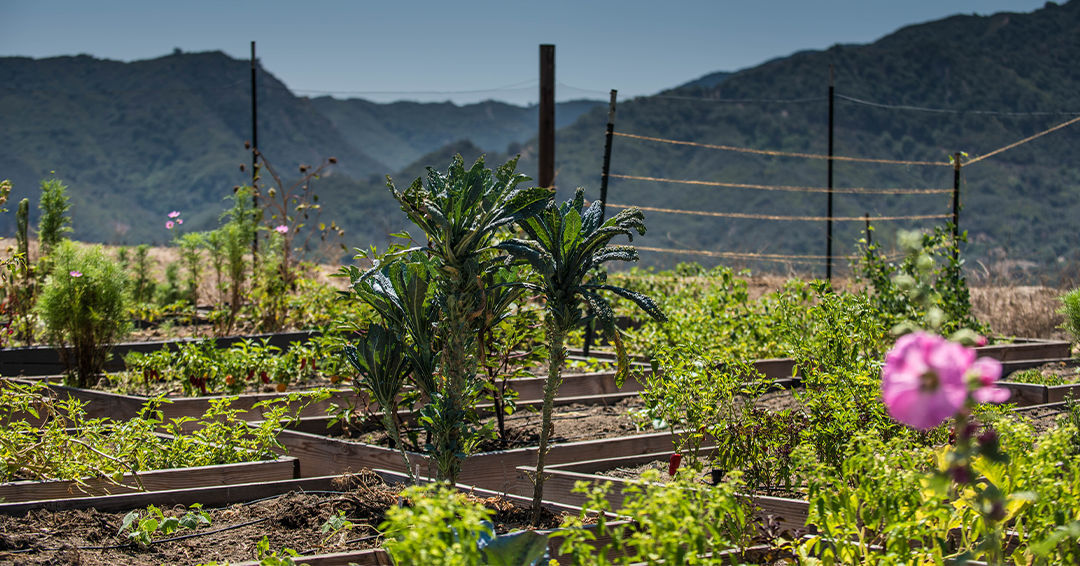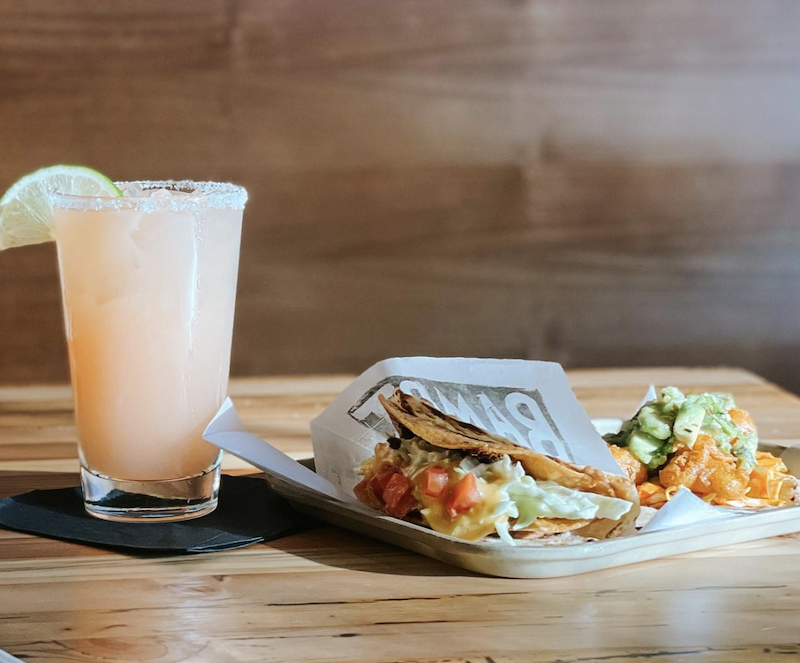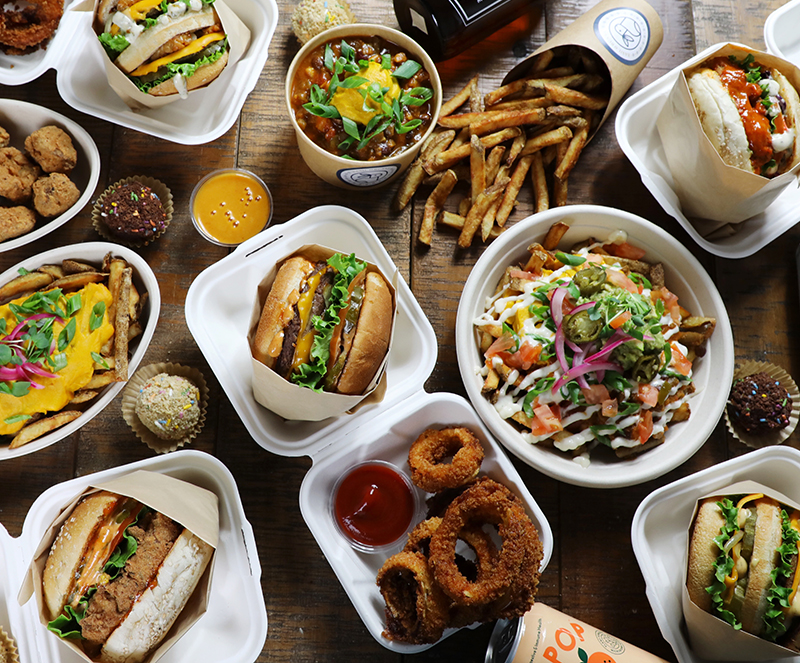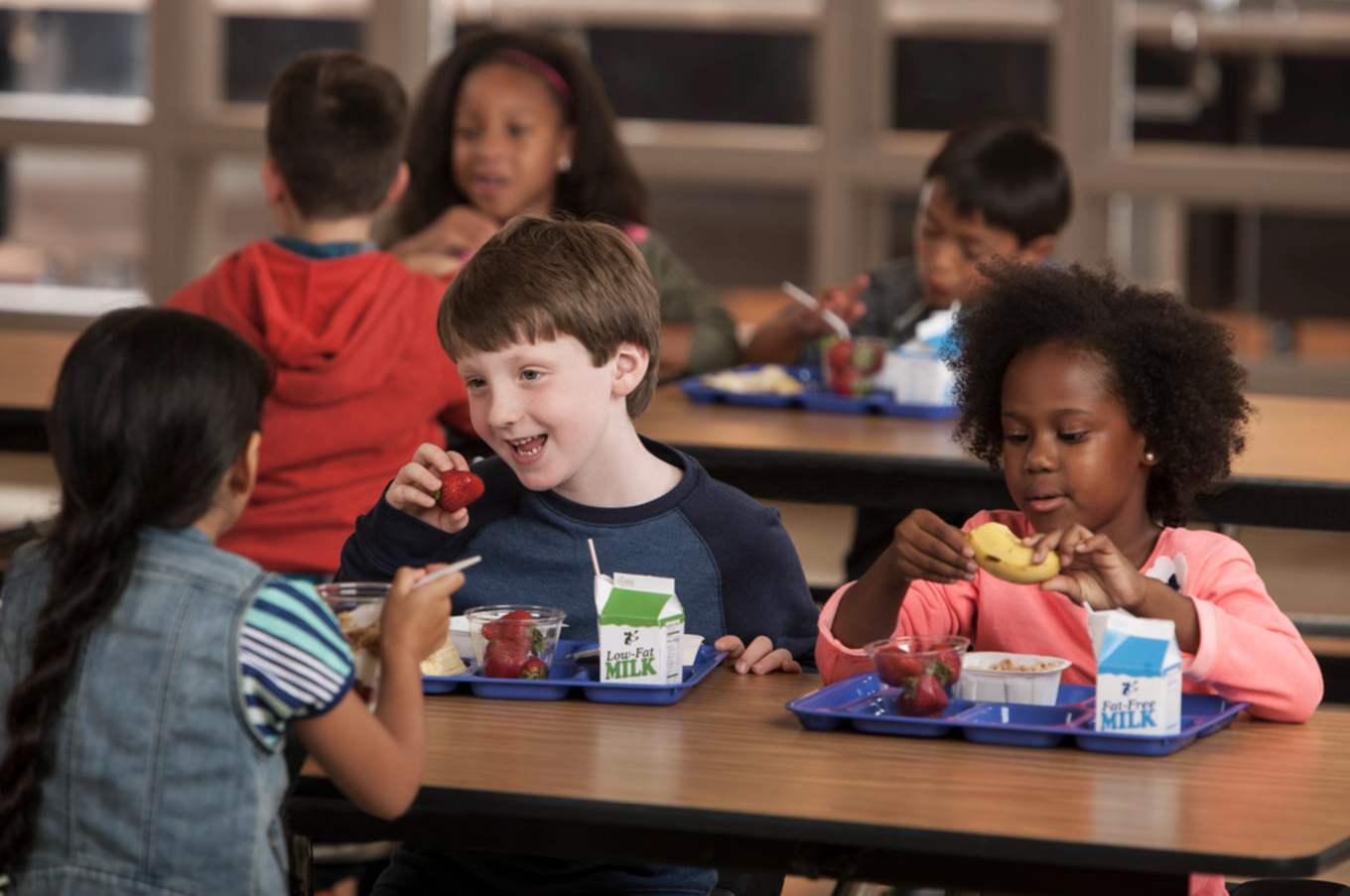In recent years, US schools have made significant strides in offering more plant-based options. New York City public schools now feature a plant-based meal as the primary lunch option every Friday. In California, research indicates that 68 percent of schools in the state’s 25 largest districts provide plant-based meals daily or weekly. Without a doubt, this shift marks substantial progress from the historically animal product-dominated school menus.
And children, research suggests, are happy about it. In fact, last year, one study concluded that when plant-based food is the default at lunchtime, 81 percent of students will eat it. Nowhere is this more evident than at one school in California. Muse Global School in Calabasas stands out for its exceptional commitment to offering children plant-based lunches only.
Founded in 2006 by Suzy Amis Cameron and Rebecca Amis, Muse Global School offers its students fresh, organic plant-based food, all of which is prepared on-site using solar power. Cameron, a passionate advocate for plant-based diets, also founded the One Meal a Day (OMD) for the Planet movement, promoting daily plant-based meals for better health and environmental impact. Reflecting this ethos, Muse’s cafeteria is aptly named “The OMD Kitchen,” a scratch plant-based eatery sourcing organic produce.
Muse Global School
Earlier this year, the kitchen received three awards from the Green Restaurant Association, including the 2024 Greenest Restaurant Award, the 2024 Sustainable Food Award, and the Greenest K-12 Award. Suzy Amis Cameron shared her pride on Instagram, highlighting Muse’s commitment to environmental sustainability. “I’m proud to share [the Muse Global School], renowned for its commitment to environmental sustainability, has clinched three prestigious food service operation awards from [the Green Restaurant Association],” she wrote back in April.
Recognized in 2016 as the “Greenest Restaurant in the World” by the Green Restaurant Association, Muse continues to set high standards. We spoke with Julie Parnell, the marketing director at Muse Global School, to learn more about The OMD Kitchen, the school’s sustainability education, and its future plans.
VegNews: What’s the story behind the Muse School? Can you tell us how the idea first came about?
Julie Parnell: The initial concept came about as Suzy, a mother of five, grew tired of watching her older children struggle in conventional schools, even though the schools were considered to be among the best available. She consulted leading educational experts like Sir Ken Robinson, Paul Cummins, and Elliot Washor (just to name a few) to develop something new—a state-of-the-art science-based alternative approach that would also nurture environmental awareness.
VN: Nearly 20 years on, and the school is still going strong. It’s known around the world not just for education, but also for its ongoing commitment to serving children sustainable, plant-based food.
JP: As a part of our founding pillars, sustainability shines through our entire campus, starting in the kitchen. Muse Global School’s green initiatives even contributed to the recognition as the “Greenest Restaurant in the World.”
VN: Can you elaborate on what specific aspects of the kitchen operations contributed to this recognition?
JP: Our goal is to be as close to zero waste as possible. The school composts all of its food waste on-site, resulting in finished compost which is then used in the school’s 70 garden beds to grow more food for the school kitchen. We stay plastic-free in our day-to-day operations and only use compostable products for events when needed.
 Muse Global School
Muse Global School
VN: Reducing food waste and opting for organic, plastic-free produce is so important when it comes to our health and the planet. What other ways does the Muse Global School prioritize the environment?
JP: The campus runs on solar-powered energy, which comes from our five beautifully constructed solar sunflowers that offset daily power usage between 75 percent and 90 percent. Everything from the lights, air conditioning, electric cooking equipment, refrigerators, and freezers are all powered by the sun.
VN: The school is clearly doing so much to teach children about the planet through actions as well as words. How do you plan to sustain and enhance its green initiatives in the future?
JP: We host compost workshops for our MUSE community and encourage families to drop off their home compost on campus to return the nutrients to the school’s gardens. This program and more like this will be in the works next school year. Our seed-to-table program is also always planting trees on campus and will continue next year. As a campus, we are committed to staying plant-based for our health and the planet, maintaining sustainability standards, and always taking steps to reduce our energy and water usage.







